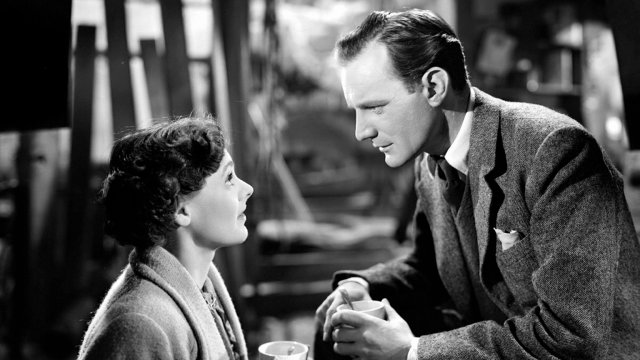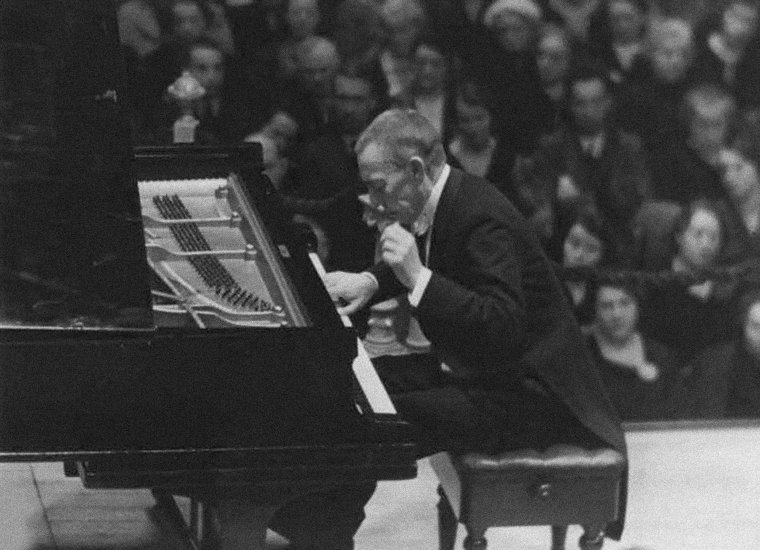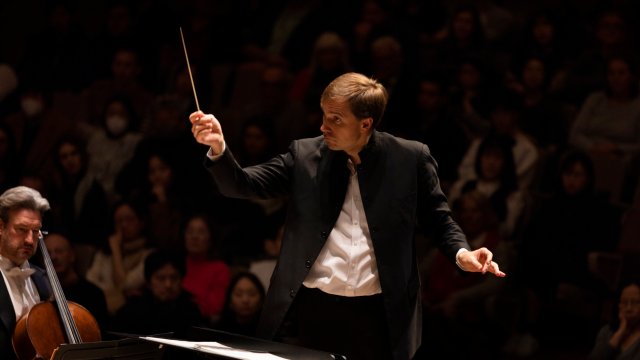Rach 2 has been voted the nation’s favourite piece in a poll of Classic FM listeners, for the second year running. Scorn was poured on it for decades – here’s why we fell back in love
April 2, 2024 12:31 pm(Updated 5:25 pm)

The news that Rachmaninov’s Piano Concerto No 2 has been voted number one in Classic FM’s Hall of Fame for the second year running is not really news. Rachmaninov is popular? Do bears do what bears do in the woods?
More unusual, though, is that your critic is not going to react here by rubbishing the nation’s top musical wallow. This concerto is one of my favourites too. I even once had a nightmare that I had to perform it, couldn’t play it, but couldn’t escape because (in my dreams) Sergei Rachmaninov had dedicated it to me. I woke up in the nick of time. The concerto’s actual dedication is to the composer’s hypnotherapist, Dr Nikolai Dahl: it was thanks to his treatment that Rachmaninov – who had been suffering a creative block – was able to write it at all.
There are several overarching reasons for the popularity of what pianists call “Rach 2” (though the composer’s US piano tuner apparently nicknamed him “Rocky”). First, it is unforgettably, roof-raisingly, death-by-chocolatey gorgeous. You don’t need to know even a do-re-me to be knocked sideways by its soaring melodies or surrender to its surges of power. Next, it is technically perfect – a musical analyst could demonstrate this in an academic paper. And third, it had a boost when used in the 1945 film of Noel Coward’s Brief Encounter, which starred Celia Johnson and Trevor Howard; here the music becomes almost a character in its own right.

But that was 79 years ago. A couple of generations have probably grown up without experiencing that film. The fact is that this concerto, written in 1900-01, is everything that music turned away from after the Second World War. If it’s still our top favourite today, that might suggest a disruption in the chain of supply and demand for newer classical compositions.
When I was a student, four decades ago, scorn was poured upon Rachmaninov daily (also on Liszt, Prokofiev, Korngold and a continuing cavalcade). Why, for so long, did the musical world insist on rubbishing composers for their popularity? There are plenty of reasons, few of which are to do with the music. With hindsight, with distance, it’s easier to see that it was a continuing reaction against romanticism itself, and against an era which had imploded into fascism, communism and nuclear apocalypse. The end of most romanticism was the First World War; any remnants were incinerated under the mushroom cloud of Hiroshima.
After the Second World War, a generation of composers revolted against the four-square rhythms of military marches, which they associated with the conflict. They also threw out the tonal system that we in the West all learn in our nursery rhymes, and looked for a new way to write. Composers including Pierre Boulez, Karlheinz Stockhausen and Milton Babbitt advocated “total serialism” (a strict system in which all 12 notes of western tuning are deemed to have equal value and no natural affinities). Rather than the warm embrace Rachmaninov had given them, old-fashioned components of music as basic as melody, rhythm and harmony now all required avoidance. Never mind if the resulting overtones and the sense of disorientation were physically excruciating for many listeners.
Appealing to an audience was not considered important. The argument ran that surely, in due course, people would just get used to it. Decades later, however, they still hadn’t. Instead, they voted with their feet and, more importantly, their wallets. The “experiment”, as some of the avant-garde’s lesser acolytes termed it, has failed to win hearts and minds. And Rachmaninov reigns supreme.
If we are passionate about Rachmaninov in 2024, maybe it’s simply because we have a hearty appetite for music that moves us in a very direct way – music that brings emotional release, spiritual nourishment and a meaning that transcends language – and under the daily barrage of pop, TV, film, social media and all the rest, a lot of us have developed a sweet tooth.
There were certainly gritty musical giants in the mid to late 20th century – Stravinsky, Messiaen, Shostakovich, Britten, Ligeti and, indeed, Boulez. Each took music into territories where it had not previously trodden. What happens next, though?
In today’s new music scene, there’s every reason for optimism. We have some amazing contemporary composers to whose works audiences are flocking, not a moment too soon. Americans including Philip Glass, Steve Reich and John Adams can fill halls; in Britain we have luminaries such as Thomas Adès, Errollyn Wallen and all 12 of the composers who contributed to King Charles’s coronation. We should shout about them from the rooftops. Perhaps Classic FM could play them more often.
More Rachmaninov
If you love “Rach 2”, try these works by him next:
Symphony No 2
The perfect romantic symphony in which he matches his mentor, Tchaikovsky, in power, colour and lyricism.
Rhapsody on a Theme of Paganini
A dazzling concerto-variations hybrid in which the Russian exile seems to hit New York in the Roaring Twenties.
Symphonic Dances
His last composition, written in the US in 1940: inspired by ballet, but drawing in nostalgia, fantasy and an all too real sense of dread.
Suite No 2 for two pianos
Enchantment incarnate, this is an irresistible outpouring of lyricism and virtuosity.















